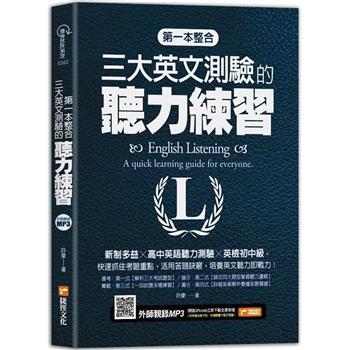Looking at both population and land tenure dynamics in their historical context, this study challenges the view that the 1969 conflict between El Salvador and Honduras was primarily a response to population pressure. The author demonstrates that land scarcity, a principal cause of the war, was largely a product of the concentration of landholdings. The analysis focuses on the emigration of 300,000 Salvadoreans to Honduras in the years before the war, inquiring into the reasons for the emigration, its impact on local agricultural economies, and its relation to the conflict. Answers to these questions are based on a new interpretation of national statistics and on original survey research in peasant communities. The author has used an interdisciplinary approach, drawing on the perspectives of anthropology, ecology, history, demography, and geography. In addition to its value as a case study in human ecology, this book gives a clear account of the nature and origins of ecological pressures in rural Central America. The book is illustrated with 21 photographs and 7 maps.
| FindBook |
有 1 項符合
Scarcity and Survival in Central America: Ecological Origins of the Soccer War的圖書 |
 |
Scarcity and Survival in Central America: Ecological Origins of the Soccer War 作者:Durham 出版社:Stanford University Press 出版日期:1979-06-01 語言:英文 規格:平裝 / 229頁 / 21.6 x 13.7 x 1.8 cm / 普通級/ 初版 |
| 圖書館借閱 |
| 國家圖書館 | 全國圖書書目資訊網 | 國立公共資訊圖書館 | 電子書服務平台 | MetaCat 跨館整合查詢 |
| 臺北市立圖書館 | 新北市立圖書館 | 基隆市公共圖書館 | 桃園市立圖書館 | 新竹縣公共圖書館 |
| 苗栗縣立圖書館 | 臺中市立圖書館 | 彰化縣公共圖書館 | 南投縣文化局 | 雲林縣公共圖書館 |
| 嘉義縣圖書館 | 臺南市立圖書館 | 高雄市立圖書館 | 屏東縣公共圖書館 | 宜蘭縣公共圖書館 |
| 花蓮縣文化局 | 臺東縣文化處 |
|
|
圖書介紹 - 資料來源:博客來 評分:
圖書名稱:Scarcity and Survival in Central America: Ecological Origins of the Soccer War
|











